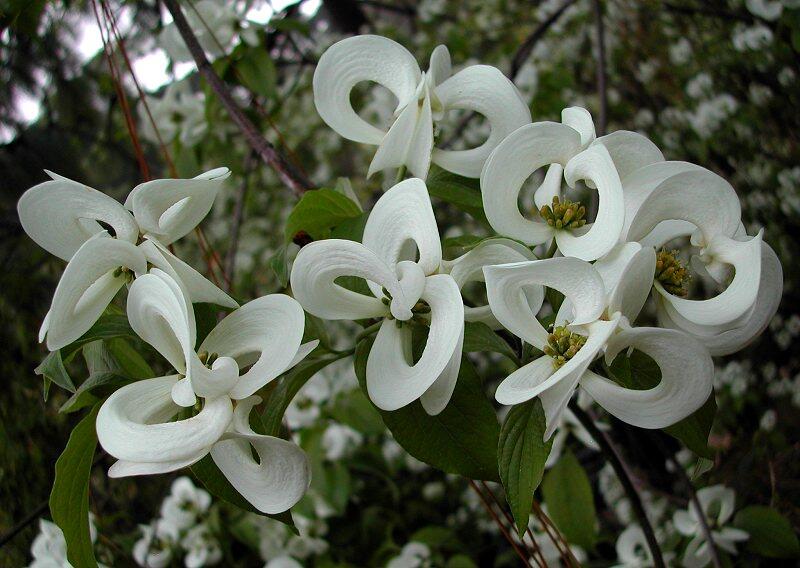rmed with an orange staple gun and dozens of burlap squares entwined with ratty green roots, Mike Kane wades hip-deep into the swamp to restore what generations of thieves have stolen.
Once abundant in the Florida Everglades, experts say fewer than 2,000 ghost orchids (Dendrophylax lindenii) are left in the state, where it is considered an endangered plant. Cuba has some too, but just how many is unknown.
Poaching, urbanization and pesticide pollution — which cuts down on insect pollinators — are among the ghost orchid’s top threats, according to Kane, a professor of environmental horticulture at the University of Florida.
“We are losing these,” said Kane, who is leading the first project of its kind to repopulate the swamps with these orchids.
He and his graduate students grow ghost orchids from genetically diverse seeds in their northern Florida lab.
After the plants have grown for a few years, they take them to a secluded location deep inside the Florida Panther National Wildlife Refuge in the southern part of the state.
This tranquil spot, known as McBride’s Pond, lies under a shady canopy of pop ash, pond apple and cypress trees.
“The public cannot come in and poach and they cannot disrupt our experiments,” said Jameson Coopman, a graduate student in Kane’s lab.
The two men take turns stapling the burlap — not the roots — onto the tree trunks, as an alligator quietly suns itself nearby and swallowtail butterflies swoop overhead.
The burlap will decompose, but the orchid’s spider-like roots will hug the bark and hopefully, make the tree its new home.
“We give it a quick mist when we are done,” said Coopman, adding “We don’t help the plant any further and it does the rest.”
This year, they planted 160. Last year, it was 80. Kane recalled high-fiving in the swamp with his then graduate student, Nguyen Hoang of Vietnam, when they returned a few weeks after planting and discovered that most had survived.
“They were doing so well. It was incredible. We were really surprised.”
Source: AFP











